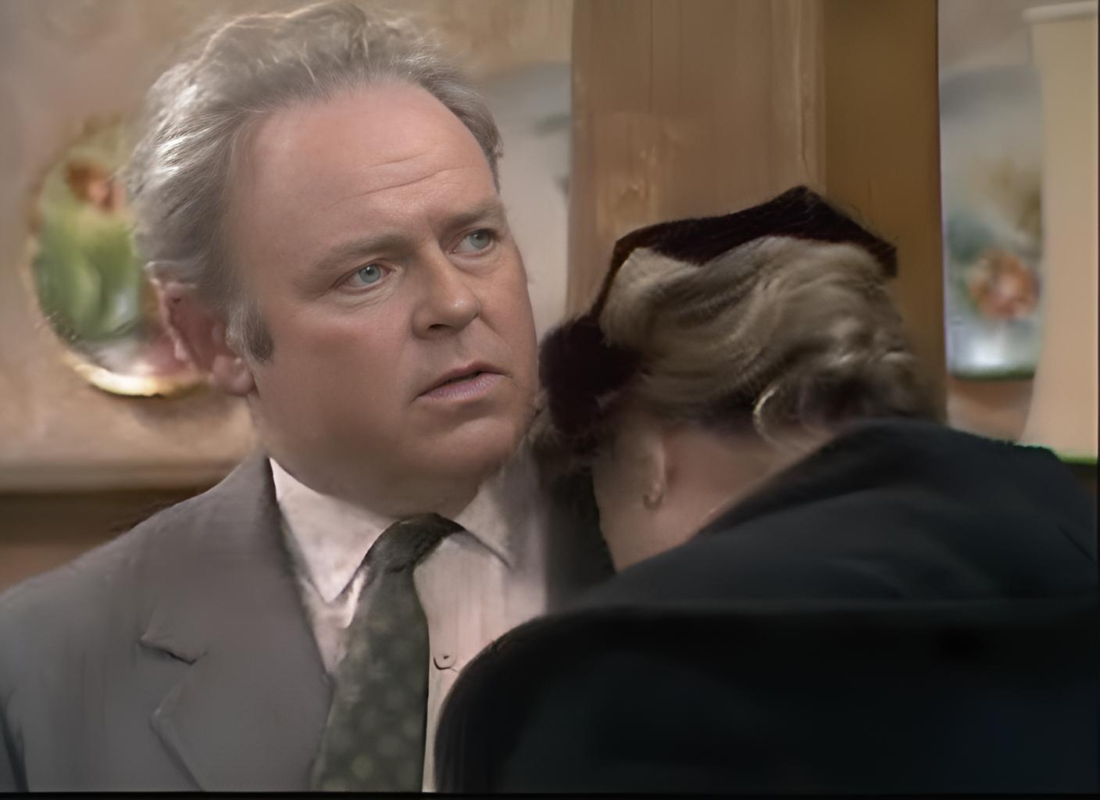
Prominent feminist activist and writer Gloria Steinem has expressed her critiques of the seminal television show “All in the Family” regarding its handling of gender and feminist issues. Steinem, a leading figure in the women’s rights movement, acknowledged the show’s role in creating a platform for discussing these topics but raised concerns about the portrayal of such issues through its central character, Archie Bunker.
“All in the Family,” created by Norman Lear and aired from 1971 to 1979, was groundbreaking in its willingness to tackle controversial social issues head-on. The show revolved around Archie Bunker, a working-class man with entrenched prejudices, including those related to gender roles and feminism. Carroll O’Connor’s portrayal of Archie was both lauded and criticized for its depiction of a man grappling with a rapidly changing world.
Steinem argued that while the show’s intent was to critique and expose outdated and prejudiced views, the comedic framing and Archie’s character could inadvertently reinforce gender stereotypes. She contended that the humor used to depict Archie’s chauvinism might lead some viewers to sympathize with or even agree with his regressive attitudes rather than challenge them.
“Although ‘All in the Family’ succeeded in bringing important gender issues into the public discourse, its approach through Archie Bunker’s character risks reinforcing the very stereotypes it seeks to dismantle,” Steinem said in an interview. “The danger is that the humor might make these outdated views seem more acceptable or less harmful than they truly are.”
Steinem’s critique highlights the complexities of using satire and comedy to address serious social issues. While humor can be an effective tool for initiating conversation, it can also obscure the severity of the issues at hand. For viewers who share Archie’s views, the show might not prompt the critical self-reflection that its creators intended.
Feminist scholar Dr. Emma Roberts elaborated on Steinem’s perspective: “Gloria Steinem’s concerns underscore the importance of how gender issues are portrayed in media. Comedy can open up discussions, but it must be carefully crafted to ensure it does not perpetuate harmful stereotypes.”
Despite these criticisms, “All in the Family” remains a pivotal show in television history, credited with opening up vital conversations about race, gender, and social justice. Its legacy includes not only its innovative approach to social commentary but also the ongoing debates it has sparked about the best ways to challenge societal prejudices.
Steinem’s reflections serve as a crucial reminder of the responsibilities that come with creating media aimed at social change. As television and other forms of entertainment continue to evolve, her insights emphasize the need for thoughtful and nuanced approaches to representing and critiquing gender issues.
